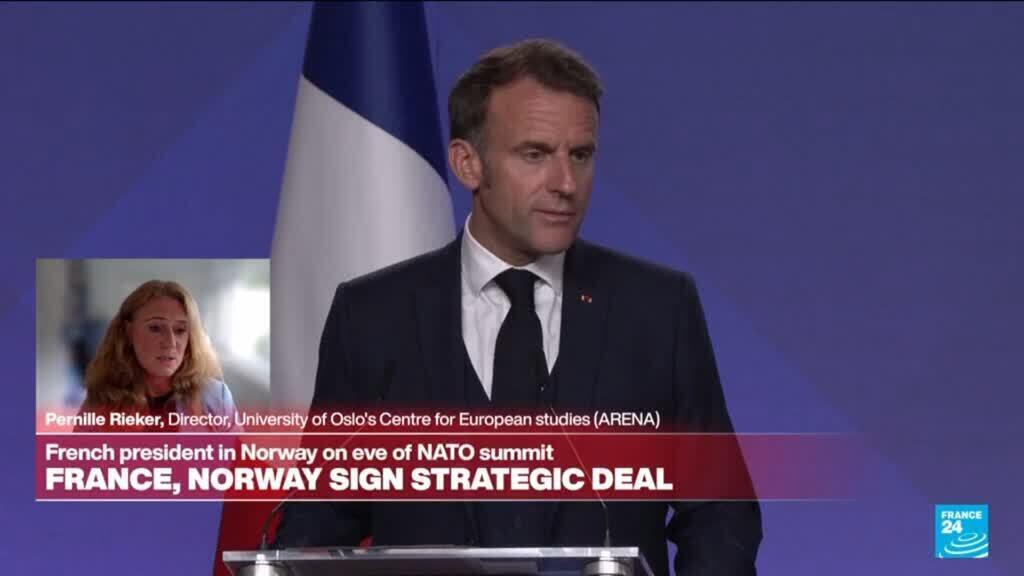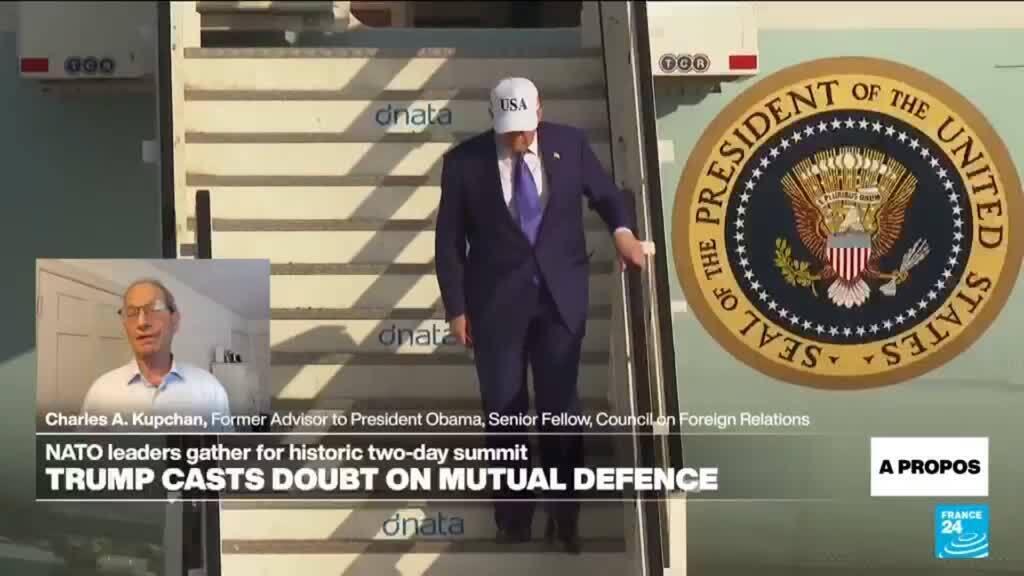French President Emmanuel Macron and Norwegian Prime Minister Jonas Gahr Støre have raised significant concerns regarding the legality of recent United States military strikes on Iran. In their view, these actions violate international law and could exacerbate tensions in an already volatile region. Both leaders emphasize the necessity for a diplomatic approach to address the looming threat of Iran potentially developing nuclear weapons.
During a recent discussion featured on FRANCE 24, political analyst Pernille Rieker, who is also the Director of the ARENA Centre for European Studies, provided insights into the implications of these strikes and the broader geopolitical landscape. Macron and Støre's statements reflect a growing unease among European leaders regarding the U.S. foreign policy in the Middle East, particularly concerning military interventions that lack a solid legal foundation.
The topic of Iran's nuclear ambitions remains a hot-button issue in international relations. The Joint Comprehensive Plan of Action (JCPOA), also known as the Iran nuclear deal, was designed to limit Iran's nuclear capabilities in exchange for lifting economic sanctions. However, the withdrawal of the United States from the agreement in 2018 under the Trump administration marked a turning point that has led to increased tensions.
Macron highlighted the importance of upholding diplomatic channels rather than resorting to military solutions. He stated, "A military intervention only complicates the situation further and does not provide a long-lasting solution." His commitment to diplomacy reaffirms France's role as a mediator in international conflicts, particularly within the European context.
Støre echoed Macron's sentiments, indicating that the ramifications of U.S. strikes extend beyond Iran, potentially destabilizing the entire region. He emphasized that a multilateral approach is essential, calling for collaboration among international players to ensure security in the Middle East. "We must engage in dialogue with Iran to address these concerns constructively," Støre remarked.
The panel on FRANCE 24 discussed the possible repercussions of heightened military actions, which could lead to a broader conflict and undermine global efforts to maintain peace. Rieker underscored that military action could evoke hostile reactions from Iran, further complicating the existing nuclear issue and leading to broader regional instability.
Both Macron and Støre's remarks resonate with the broader European perspective on U.S. military interventions in foreign nations. The leaders call for a united European front that prioritizes diplomatic efforts over military engagements. They emphasize that effective negotiations are crucial not only for nuclear non-proliferation but for establishing lasting peace in the Middle East.
As the situation unfolds, the international community remains watchful of Iran's actions and the potential responses from the United States and its allies. The call for a diplomatic solution is echoed among various global leaders and institutions, emphasizing the risk associated with military strikes that lack a clear legal justification.
In conclusion, the dialogue initiated by Macron and Støre highlights an urgent need for diplomacy over military intervention. Their advocacy for negotiations aligns with a broader European consensus aimed at fostering stability in a region fraught with conflict. The implications of military actions taken without international consensus remain a significant concern for leaders worldwide as they work towards a peaceful resolution of tensions with Iran.












